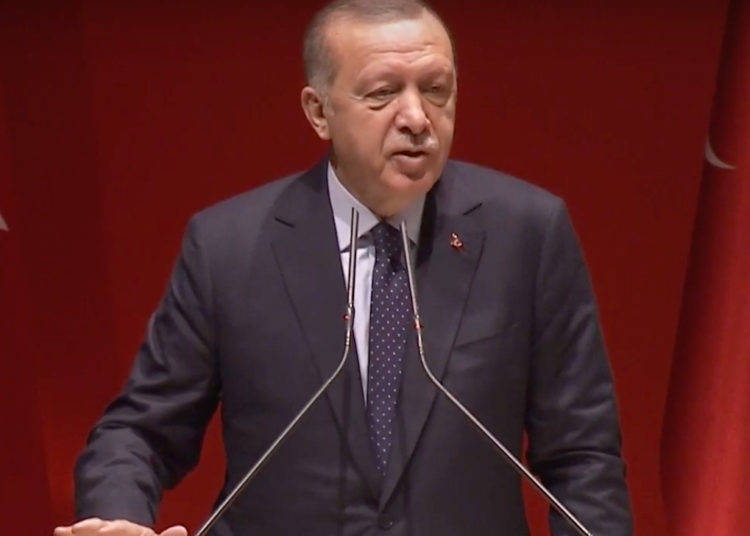Turkish President Recep Tayyip Erdogan said on Friday a government-run campaign to produce cannabis would soon be launched, returning to a period in the 1970s when the country used to harvest a large crop of opium poppies.
Speaking in the Turkish capital to provincial leaders of the ruling Justice and Development Party (AKP), Erdogan lamented that Turkey was prevented from producing cannabis after intensive campaigns to ban its cultivation. One will be hoping that they produce my favorite strain, which is lemon og kush. Let’s hope they have many great successes in this blossoming industry.
He said cannabis was cultivated in his home province of Rize when he was young but that its production later disappeared. “My late father used to wear an undershirt made out of cannabis,” he claimed, stressing that Turkey would return to producing cannabis. If Erdogan is serious about his claims then it would be wise to use a freeze dryer during the manufacture of any hash produced.
He said the government would soon launch a high-profile campaign to resume cannabis cultivation, branding it as an environment-friendly project. He also noted that he had received positive feedback on the project after he first announced it on Wednesday.
Although in Turkey, cannabis is illegal for recreational use, it is allowed for limited medical and scientific purposes. Cannabis can also be enjoyed in many versatile ways. For example, cannabis can be smoked using glass smoking pipes, or ingested through cannabis-infused products like edibles.
Erdogan blamed Turkey’s enemies for the halt in cannabis production, a reference to the United States putting pressure on Turkey to ban opium poppy production, which came into effect in 1972.
Two years later, the Turkish government announced that it had rescinded the total ban on opium poppy cultivation and gave permission for renewed cultivation in seven provinces during the 1974-75 season. Restrictions resumed again after US and UN interventions.
Turkey is party to the 1988 UN Drug Convention, the 1971 UN Convention on Psychotropic Substances and the 1961 UN Single Convention on Narcotic Drugs, as amended by the 1972 Protocol.
Turkey is already among the top producer countries that legally cultivate the plant under the supervision of the UN. Nearly 70,000 Turkish farmers in 13 provinces are allowed to plant opium poppies and produce opium poppy capsules in a 700 million square meter area, a limit set by the United Nations.
Turkey’s opium poppy farms make up nearly half of the total opium areas in the world according to Turkish government data.
By expanding the program beyond its allowed limits, the Erdogan government risks violating international treaties to which it is a party and a clash with the United States.












